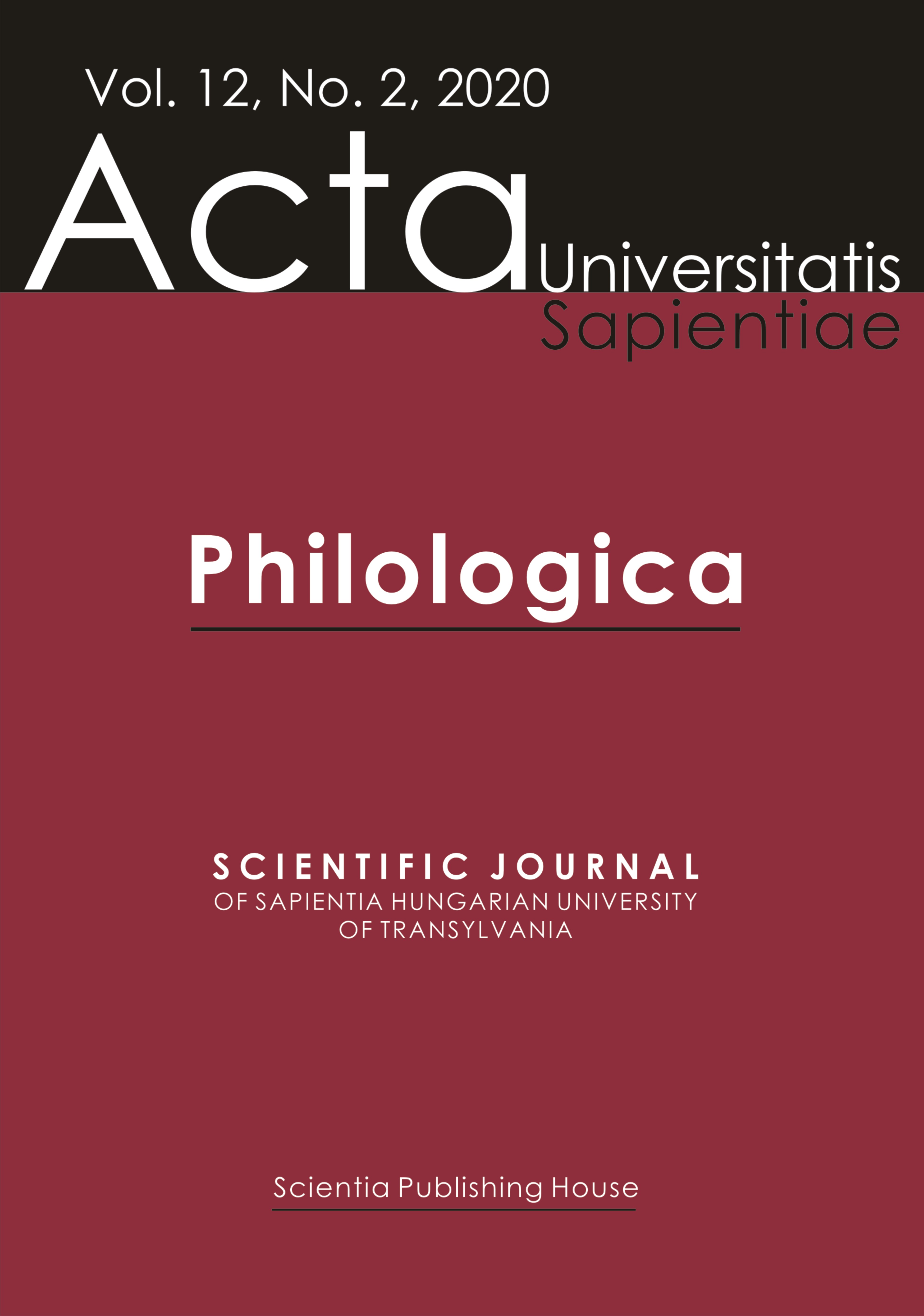Elements of Humour in the Classroom. A Qualitative Approach to Data
Elements of Humour in the Classroom. A Qualitative Approach to Data
Author(s): Erika-Mária Tódor, Enikő TankóSubject(s): Psycholinguistics
Published by: Scientia Kiadó
Keywords: humour; classroom discourse; qualitative data analysis;
Summary/Abstract: Neither grades nor formal indicators of teachers’ effectiveness measure the presence or the nature of humorous situations in classroom conversations although these situations are, in fact, the iceberg components of the teacher–student communication and are important indicators of the motivational-behavioural background as well as cohesion of the group, of the power of collective thinking and creativity inside class community. The role of humour has not always been positive throughout time. For example, according to Stanford Encyclopedia of Philosophy (2016), Plato was one of the most influential critics of laughter, and he treated it as an emotion that overrode rational self-control, and thus could be considered a certain kind of evil. As for the bad reputation of humour, we can find yet another face of this reality in Kant’s approach, according to which humour can be understood as play, while laughter is a play signal. The present research is looking for answers regarding the role of humour in classroom conversation and interaction, according to students’ opinion, how they interpret certain terms related to humour, and what humorous situations they report of. In this study, we present the data of an empirical research based on the questionnaires completed by 159 students in the 5th to 8th grades from both urban and rural area, data which have been processed with the help of MAXQDA. Due to the highly practical nature of the research, it presents a general picture of the characteristics and role of humorous classroom situations. This unique location offers a specific interpretation of the discourse of humour, based on local and individual life experiences.
Journal: Acta Universitatis Sapientiae, Philologica
- Issue Year: 12/2020
- Issue No: 2
- Page Range: 51-67
- Page Count: 17
- Language: English

